Why Is There So Much Confusion Over Nutrition?

What is a balanced diet? If you aren’t sure the answer to this, you’re not alone! A big part of the problem: there is way too much focus on individual nutrients and food groups. Here’s why you should take a step back, or risk losing the forest for the trees.

Nutrition can be a confusing topic.
52% people say figuring out how to eat a healthy diet is more difficult than completing a tax return.
…that’s pretty damn confusing!
The news media does us no favors when it comes to clearing up the confusion. A sampling of the headlines I came across this morning include:
- Is lecithin the new gluten?
- Study finds varying amounts of vitamin K in dairy products
- Women should eat more red meat to boost immune systems
- Vegetarian diet is twice as effective in reducing body weight
What do these headlines have in common? Clearly, a few of them contradict each other (should you eat red meat or go vegetarian?). But outside of that – these articles are all focusing on individual nutrients or food groups.
I get it – these publications need to get views, and these headlines are very clickable. But in focusing on these minute nutrients, or singling out individual foods, we’ve run into a big problem.
When we are so preoccupied with the individual things, often we can’t change at all. How many times have you been trying to figure out what is healthy, and end up getting so fed up you ditch the balanced meal all together?
Should I make a vegan gluten-free grain bowl or a paleo chicken wrap? Oh screw it, I’ll just order take-out.
As a nutrition coach, I find that often the barrier to change is the preoccupation with individual choices. When I tell my clients that a balanced diet doesn’t have to be so complicated, they look at me like I’m crazy. “But don’t I have to worry about sugar-fat-carbs-high protein-egg yolks-coconut oil-butter-olive oil-gluten-dairy??”
Nope, you don’t. Seriously. Few nutrients are categorically good or bad (other than trans fats). There are no superfoods (sorry to break it to you!) – one food will not make you healthy, just as one food will not make you unhealthy. Nutrients work harmony together, and our individual choices matter less than what our overall diet pattern looks like.
What is a balanced diet?
A balanced diet is a selection of foods in certain portions…it is not about nutrients. Those foods, in those portions, will provide you all the nutrients you need. If you are eating a balanced diet, you don’t have to worry about “not getting enough” of xyz nutrient – a balanced diet will give you all of them.
Instead of focusing on nutrients, focus on whole foods – i.e. eat eggs and avocados more often than Cheetos and frosted flakes. Eat plenty of fruits and vegetables. Get a variety of different wholesome, real foods and all the nutrients will stack up and – guess what – you’ll meet your nutrient needs.
Don’t lose sight of the forest for the trees. When we become so concerned about looking at individual nutrients (ones that either help or harm us) we forget that each nutrient is merely one of the thousands (yes, thousands!) in our diet. We lose sight of the big picture.
So what should you do?
Take a step back. The nutrition advice that most of us need to follow is pretty simple. Over 80% of American’s are not meeting the basic recommendations of fruits and vegetables per day. Any change that we make based on individual nutrients would be minor compared to the benefits of eating more vegetables and fruit.
If we could get more people to eat wholesome, real foods – most of the time – most nutrition-related problems would be solved.
What do you think – do we focus too much on nutrients? I’d love to hear your thoughts – leave a comment below!
Interested in learning about intuitive eating?
Check out my Unapologetic Eating 101 Course, an online, self-paced program to liberate yourself from dieting and make peace with food and your body.
My team and I also offer virtual one-on-one support – you can check out our virtual intuitive eating nutrition coaching packages.
My book, Unapologetic Eating: Make Peace with Food and Transform Your Life, is also a great resource that includes information, research, and reflection prompts to help you move away from dieting and come back home to your body, so you can live your most unapologetic, liberated life.
Author Bio
This article was written and reviewed by Alissa Rumsey, MS, RD, CSCS, a registered dietitian and Certified Intuitive Eating Counselor. She specializes in weight-inclusive care, intuitive eating, body image healing, mindfulness, self-compassion, and healing from chronic dieting, disordered eating, and eating disorders. Alissa holds a Bachelor’s Degree in Nutrition and Exercise Science, and a Master’s Degree in Health Communications, and is also an NSCA Certified Strength and Conditioning Specialist.
3 Comments
Leave a Comment
share the love
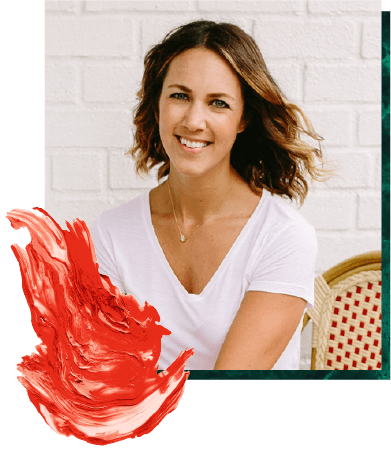
about
Alissa Rumsey, RD.
Alissa Rumsey, MS, RD, CDN, CSCS (pronouns she/her/hers) is a registered
dietitian, nutrition therapist, certified intuitive eating counselor, and the author of
Unapologetic Eating: Make Peace With Food and Transform Your Life. Alissa is
passionate about helping people reclaim the space to eat and live,
unapologetically.
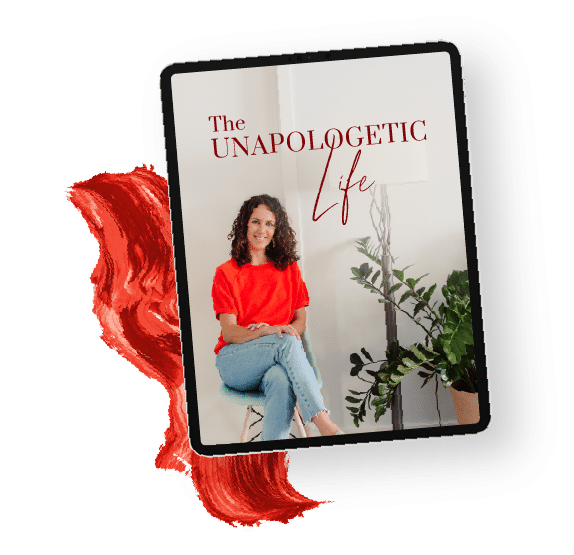
A twice-a-month round-up of inspirational stories, lessons, practical tips and encouragement for living your most authentic, unapologetic life.
The Unapologetic Life
RECENT POSTS
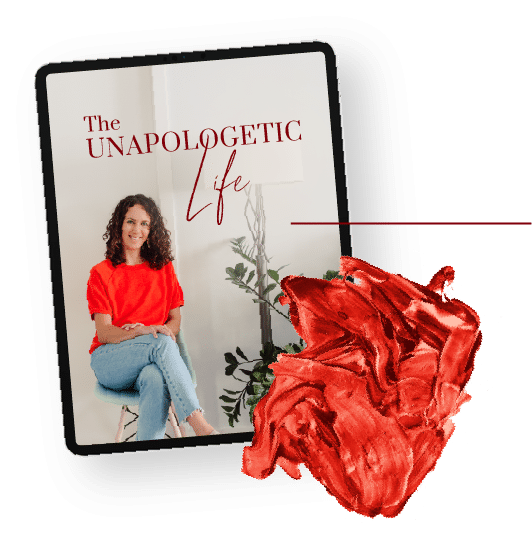
The Unapologetic Life
A twice-a-month round-up of inspirational stories, lessons, practical tips and encouragement for living your most authentic, unapologetic life.






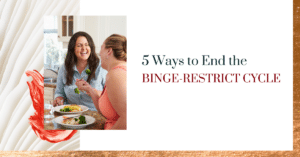
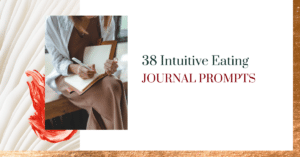
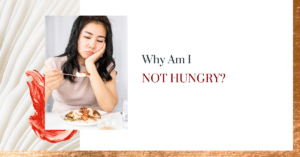
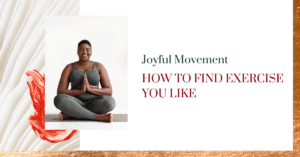
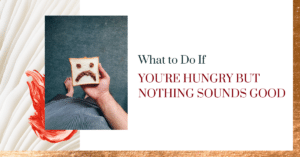
I watched ‘what the health’ documentary on Netflix and it has really confused me…I know it is essentially vegan propaganda but is there any truth behind the claims that meat and dairy causes harmful and cancer-causing changes in the body/ inflammation? (WHO has labelled meat a carcinogen) And that its being covered up by meat and dairy companies? Also is there any point in buying organic fruit and veg?
Hi Harriet! Unfortunately What the Health is confusing a lot of people and making many people scared and unsure of what to buy. As for meat, WHO put this classification on processed meat only – check out this blog post I wrote for more details on that – https://alissarumsey.com/nutrition/red-meat-and-cancer-what-you-need-to-know/ (scroll to the end of it for my bottom line take-aways 🙂 Dairy seems to be individual based – if you don’t have an issue tolerating it, then I would not worry – provided you are getting plenty of fruits, veggies, whole grains, legumes, beans, nuts, seeds, etc – aka lots of the good stuff 🙂 For organic vs non-organic, bottom line is the more veggies and fruits – and the more variety – the better. The benefit of eating more fruits/veggies seems to outweigh the potential risk of pesticides. If it is concerning to you, by all means buy organic – but don’t feel like you can’t eat non-organic. Another option is to shop at your local farmers market and talk to the farmers – they may not be certified organic (since it’s a lengthy and expensive process) but they can tell you how they treat/take care/grow their produce.
Hey, nice article about “Balanced Diet”. It is informative for me – thanks for sharing these with us.I will definitely follow these for myself. Keep on adding this type of valuable content again and again. Hope to read more from you. Thank you!